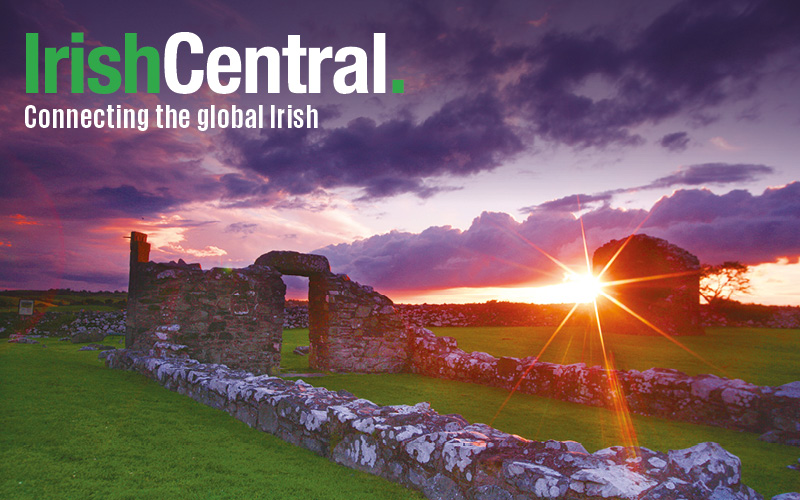With the Oxford English Dictionary delving into the histories of some common words that can be traced back to Gaelic origins, readers may be surprised to learn that some everyday terms in the modern English language have been derived from the old Irish language.
The Irish Examiner reports that lexicographer Susie Dent, who serves as adjudicator and dictionary expert on the British television show ‘Countdown,’ recently devoted some of the show’s time to the research.
Dent explained that the term “puck” as used in ice hockey, owes its origins to "poc," meaning a stroke or shot at the ball in hurling, an Irish sport. Research shows that the term “puck” first appeared in a Boston newspaper in 1886, a high time for Irish immigration into the United States.
OED lexicographer Katherine Connor Martin has found that the oldest borrowed Gaelic word into the English is “mind.” “Mind” is derived from the Irish "mionn" which is described as "an obsolete term for a type of ornament attested in Old English".
More recently, the English language has embraced such Gaelic words as “punt,” “craic,” and “fleadh.” And surely, any competitive Irish dancer today is familiar with the terms “ceili” and “Oireachtas.”
Martin explained that, "There was a steady trickle of Irish loanwords into English from the 15th through 18th centuries, but this increased to a flood during the 1800s.”
Martin also attributes the flux in immigration in the 19th century to the blending of Irish and English languages. "The 19th century was also a period of mass emigration, during which Irish immigrants streamed to the rest of the UK and to North America, taking their distinctive vocabularies with them."
However, Martin points out that “Oddly enough, this apex of Irish imports in English coincided with a period of steep and decisive decline for the Irish language itself.”
While some terms - including “ceili,” “fleadh,” and “craic” - remain in their traditional Irish spelling and pronunciation, others have been morphed into English versions. "Slob" from "slab" as well as "galore," which comes from "go leor" and means "to sufficiency, enough,” were all derived from the Irish.
The Conservative party in the UK may be surprised to learn that their ‘Tory’ nickname was also derived from Irish origins. “Tóraidhe,” meaning band of outlaws, was popular in the 17th century.
"Soon the word was being used of outlaws as far afield as Scotland and even India,” said Martin of the nickname that has continued in use, though its meaning undoubtedly has fluctuated today.
"Then, during the exclusion crisis of 1679-1681, those who wished to disinherit the Catholic heir presumptive to the British throne [known as Exclusionists or Whigs] used Tory as a disparaging nickname for their opponents.
"When that faction eventually coalesced into a political party, it kept the Tory name. The present day Conservative Party in the UK is a descendant of that original party, though it no longer wholeheartedly embraces the Tory nickname."




Comments